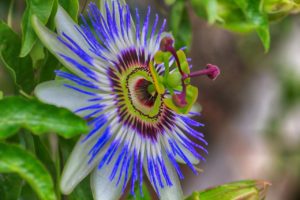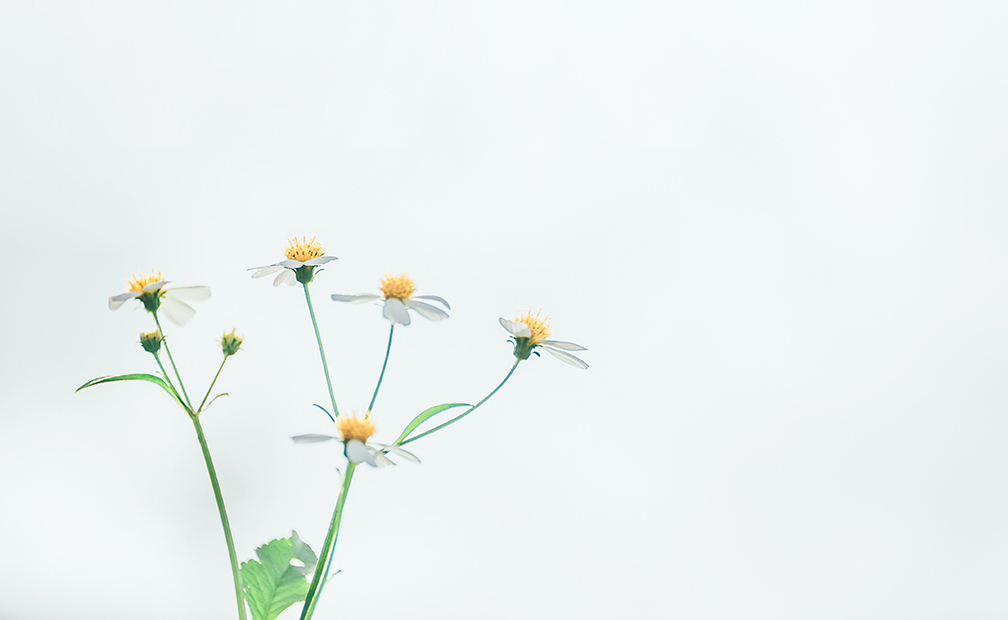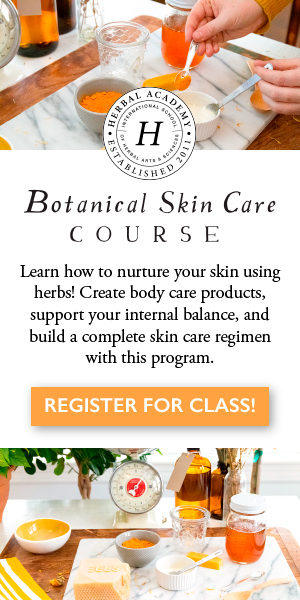Have you been struggling to cope with life’s pressures and are exhausted all of the time? Are you not sleeping well? Stress affects us in many different ways. The good news is that we are not meant to handle all the heavy information thrown at us daily, so feeling this way is entirely understandable. The good news is there are nutritional approaches to stress and anxiety that we can adopt into our day-to-day lifestyle that can help bolster our ability to cope.
When under stress, our sympathetic nervous system (SMS) remains on high alert. Our SMS is our fight, flight, freeze response, and is activated under stressful events. When our central nervous system is solid and robust, our SMS reacts to the stressor, then recovers relatively quickly when the event has passed. Unfortunately, chronic stress over time tends to short circuit our SMS, and the response time to get back to homeostasis takes longer. Over time it becomes more challenging to recover. The relaxation response is the other side of our central nervous system (CNS), called the parasympathetic nervous system (PNS). The PNS is also known as rest and restore and is activated after a stressor as expected and when we work at it using deep breathing, meditation, or a nice hot bath. When our CNS is robust, we can easily tap into our PNS. When overwhelmed, not so much.
All of a sudden, the little things become the big things. You find that your patience has waned, and nearly everything triggers the fight or flight response. Frazzled tends to be the mood of the day, and even saying the word stress increases your heart rate.
For further reading on our central nervous system, go here.
Our vagus nerve plays a large part in the health of our CNS. Read more about that here.
Deep breaths…..and read on.
When we sit on a low simmer of stress at all times, our bodies leech nutrients that help us cope; therefore, we need to look to add them into our day. A few of those are B complex vitamins, vitamin c, magnesium, zinc, and iron.
There are some foods that you can look to add to your plate during the day (read more here), but to get what you need, supplementation may be necessary. The good news here is that herbs are a fantastic source of these nutrients.
Herbs to Look Into
Milky Oat Tops (Avena Sativa) This herb/grass, which is picked at a particular time in its growth, is rich in magnesium, B vitamins, calcium, iron, and more. Milky oat nourishes us when we are under stress and is thought to benefit when mentally exhausted.
Passionflower (Passiflora incarnate) is a gorgeous flower, and it is beneficial to calm the mind. Scientists believe passionflower works by increasing a chemical called gamma-aminobutyric acid (GABA) in the brain (Healthline, 2018). GABA then influences dopamine activity in the brain, the neurotransmitter responsible for how we feel pleasure and happiness. If dopamine levels or too low, issues can arise, such as anxiety or depression (WebMD, 2019).

Passionflower is a beautiful herb for anxiety, but there are a few contraindications. This herb is not for anyone who is currently pregnant or breastfeeding. If you are already taking sedating medications, avoid passionflower in your cup, or you could greatly intensify the effects of your medication. If this does not apply to you, you can try passionflower in dried or tincture form.
Lemon balm (Melissa officinalis) in your tea is a must for relaxation of body and mind. Fun fact! In Germany, lemon balm is licensed as a standard medicinal tea for sleep disorders (Blumenthal, 2000). Lemon balm is rich in vitamin C and thiamine, a B vitamin that has shown new promise to combat the adverse effects of stress (New Brain Nutrition, 2019).
The essential oil, typically sold as Melissa, is impressive too, but rather costly. Many do not know that it takes quite a lot of plant material to fill that bottle, so I recommend using the herb to calm before bed.
Roman Chamomile (Chamaemelum nobile) If there is a nighttime ritual that I can get behind, it is an evening cup of herbal tea to unwind and support a refreshing night’s sleep. As previously mentioned, everyone reacts to chronic stress differently. Stomach upset is a common reaction so that chamomile tea can do double duty for you.
*Use caution if you have an existing ragweed allergy or hay fever; chamomile may also affect you.
Ashwagandha (Withania somnifera), the root is classified as an adaptogen, meaning that it helps our body manage stress. Ashwagandha is an herb I swear by. One 6-week study published by the Indian Journal of Psychiatry showed participants who took ashwagandha root extract reduced their anxiety by 88%.
These are just a few of the herbs that I have incorporated into my wellness routine. I always recommend completing your research before adding something to yours to be sure it suits your constitution.
People have been taking herbs for thousands of years to support their emotional wellbeing. Herbs provide unique nutritional approaches to stress and anxiety. Just remember, you need to put in the work to activate your PNS as often as possible. Herbs are but a piece of the puzzle to your ultimate wellness.
Like so many practices in life, I encourage you to become educated on the proper use of essential oils. When using them, please do so cautiously, understanding that there is often misinformation on the internet. You can be assured that I support only educated and proven resources. While essential oils should not be feared they should be respected and used properly to ensure the safety of the individuals using them.
Please note that I am not a medical practitioner. The content of this website is provided for general informational purposes only and is not intended as, nor should it be considered a substitute for, professional medical advice. Do not use the information on this website for diagnosing or treating any medical or health condition. If you have or suspect you have a medical problem, promptly contact your professional healthcare provider. By using this website, you assume full responsibility and liability for your own actions.
References
Blumenthal, M. (2000). Herbal medicine: expanded commission e monographs. Austin: American botanical council. (pp. 230-232)
Depression, aggression, and Vitamin B1 Thiamine supplements as a new treatment. (2020, May 15). Retrieved April 06, 2021, from https://newbrainnutrition.com/depression-aggression-and-vitamin-b1-thiamine-supplements-as-a-new-treatment/#:~:text=As%20emotional%20stress%20is%20associated,stress%20%5B2%2C%203%5D
Dopamine: What it is & what it does. (n.d.). Retrieved April 06, 2021, from https://www.webmd.com/mental-health/what-is-dopamine#:~:text=Dopamine%20is%20a%20type%20of,in%20how%20we%20feel%20pleasure
Passionflower. Retrieved from https://www.healthline.com/health/anxiety/calming-effects-of-passionflower




